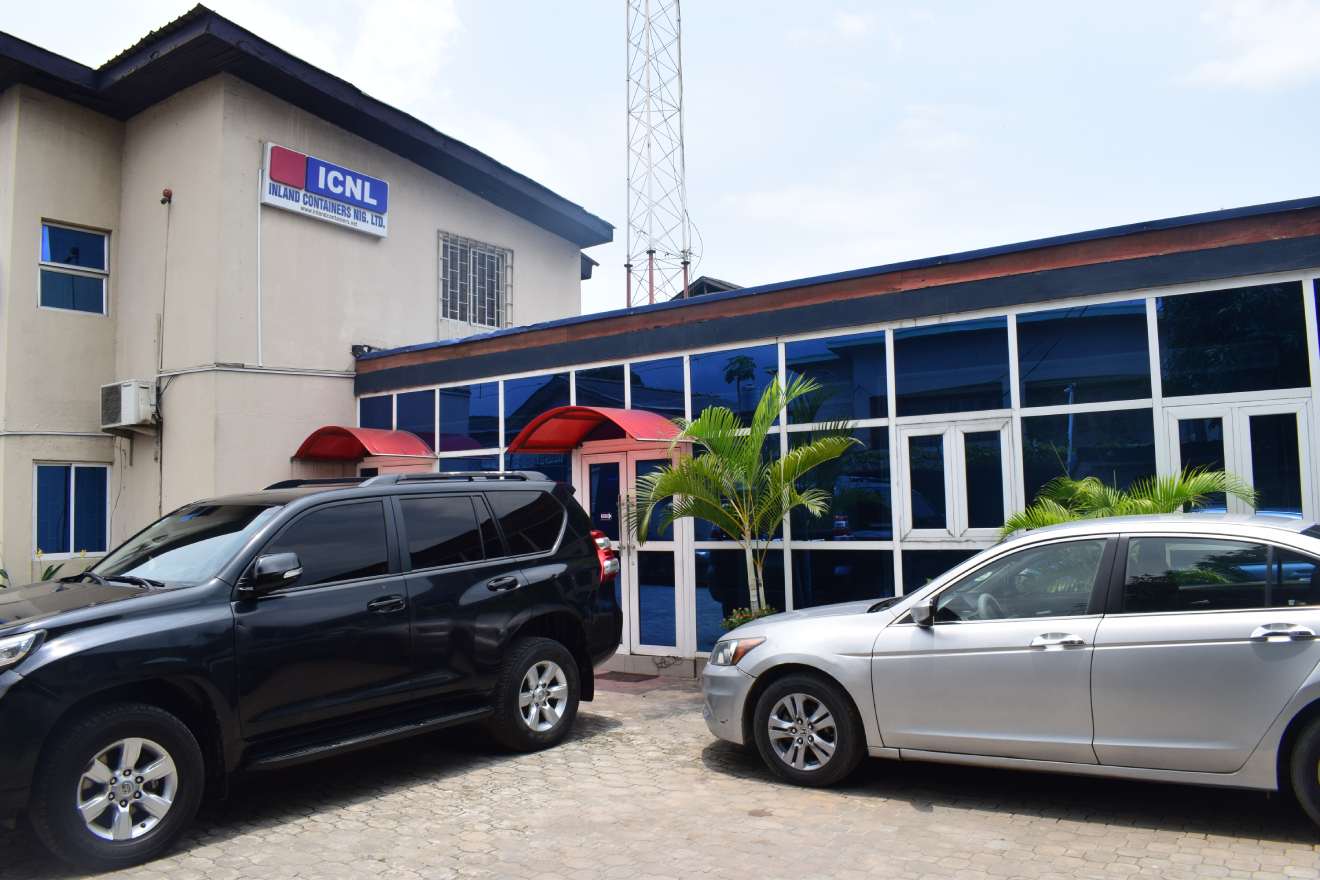
The Nigerian Shippers’ Council has intervened in a dispute involving the damage of two export containers of black eye beans expected to be shipped from the Inland Container Nigeria Limited (ICNL) to Jebel Ali Port in Dubai.
The beans, valued at over $104,000, were damaged during transit, and the exporter, USBAB MULTI CHOICE LTD, blamed the delay on the forwarding agent, Inland Container Nigeria Limited (ICNL), and the carrier, MAERSK Nigeria Limited.
The exporter claimed that if the cargo had been shipped on time, the damage could have been avoided, and they sought the Council’s help in recovering their losses.
The Shippers’ Council in a press statement sent to our correspondent disclosed that it organized series of meetings at its Kaduna Port Office to address the issue, involving all relevant parties, including the exporter, ICNL, the Federal Produce Inspection Service (FPIS), and the pre-shipment agent, Anglia International Services Ltd.
During these meetings, NSC said each party presented their version of events and submitted necessary documents for review.
USBAB MULTI CHOICE LTD argued that the damage was due to delays caused by ICNL and MAERSK, and they denied receiving any notification about the need for additional fumigation. The FPIS which is responsible for inspecting and certifying the beans, confirmed that the beans were well-dried and of exportable quality at the time of inspection, but noted that the containers were not properly dressed during stuffing, which could have contributed to the damage.
The ICNL, on the other hand, stated that they transported the cargo from Kaduna to Lagos within 15 days, but encountered delays at the port due to MAERSK’s truck access policies and a hold placed on the containers by the National Drug Law Enforcement Agency (NDLEA).
They also claimed that the exporter ignored their advice to properly dress the containers, which could have prevented the damage.
After reviewing all the evidence and considering legal advice, the Shippers’ Council ruled that the liability for the damage should be shared, with ICNL bearing 70% of the responsibility and the exporter 30%. The Council determined that ICNL, as the appointed terminal operator and forwarder, was responsible for ensuring the safe transportation and delivery of the cargo.
However, the exporter was also held partly accountable for not following expert advice on preserving the beans.
While ICNL requested a review of the liability sharing formula, all parties expressed their gratitude for the Council’s intervention in resolving the matter.















